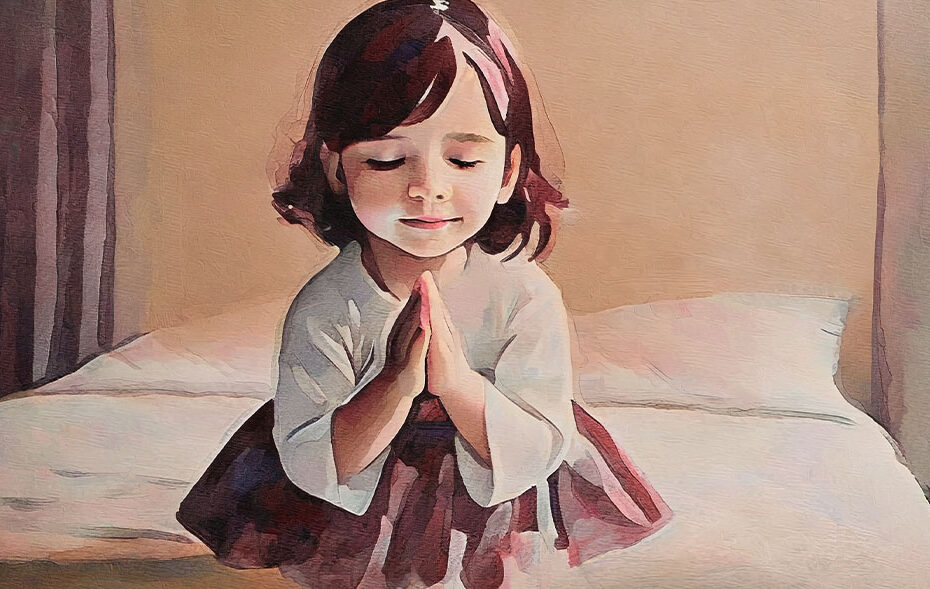By Judie Brown
Donald DeMarco, PhD, one of our favorite Catholic philosophers, once wrote, “There can be no happiness without gratitude.” I agree with that statement one hundred percent. Further, DeMarco wrote of the 10 lepers who were cured by Christ, reminding us that only one—a Samaritan—returned to Christ to thank Him for curing him. And Christ said, “‘Were not all ten made clean? The other nine, where are they? It seems that no one has come back to give praise to God, except this foreigner.’ And He said to the man, ‘Stand up and go on your way. Your faith has saved you.’”
In that moment we caught a glimpse of what it means to be grateful. Of course, DeMarco tied this scene to Thanksgiving, writing, “This story makes it clear that gratitude pleases Jesus very much, while its absence brings Him sorrow.”
Preparing for Thanksgiving provides each of us with the opportunity to reflect on the past year and to praise God with prayers of thanksgiving for all that He has done for us, regardless of whether these events are happy or sad. This is so, for as the Catechism teaches, quoting Saint Augustine: “Every action done so as to cling to God in communion of holiness, and thus achieve blessedness, is a true sacrifice.”
Bishop Daniel Flores of Brownsville, Texas, made a similar point at the annual meeting of the US Conference of Catholic Bishops in Baltimore, saying, “Conversation, as the Latin root suggests, implies more than talking and listening. It involves sharing a way and a style of life, a style of communal life described succinctly by St. Paul in Galatians 5:22, marked by love, joy, peace, patience, kindness, generosity, faithfulness, gentleness, self-control.”
These words also remind me how thankful I am for my beloved husband Paul, who spent his amazing life being a son, friend, husband, father, grandfather, and mentor to many people. His graciousness inspired so many people to be grateful for him that it would take a book to tell all the stories. But the point here is that he lived a life of gratitude by sharing his blessings with others.
And that is really the underlying message for each of us on Thanksgiving.
I would suggest that there isn’t a person alive today anywhere in the world who cannot recall at least one person who was generous to him or her. So it seems that just like you and me, each human being can identify a reason to be grateful and express that gratitude in a special way, whether in a word, a hug, a smile or a beautiful memory meant to be shared with others.
Of course, to me that means that every day should be a day of thanksgiving. And that reminds me of something Venerable Fulton J. Sheen wrote: “An interesting phenomenon in children is that gratitude or thankfulness comes relatively late in their young lives. They almost have to be taught it; if not, they grow up thinking that the world owes them a living.”
So as we live our gratitude to God every day, and teach it to others by word and deed, we pray, “Thanks be to you, my Lord Jesus Christ, for all the benefits and blessings which you have given to me, for all the pains and insults which you have borne for me. O most merciful Friend, Brother and Redeemer, may I know you more clearly, love you more dearly, and follow you more nearly.”
